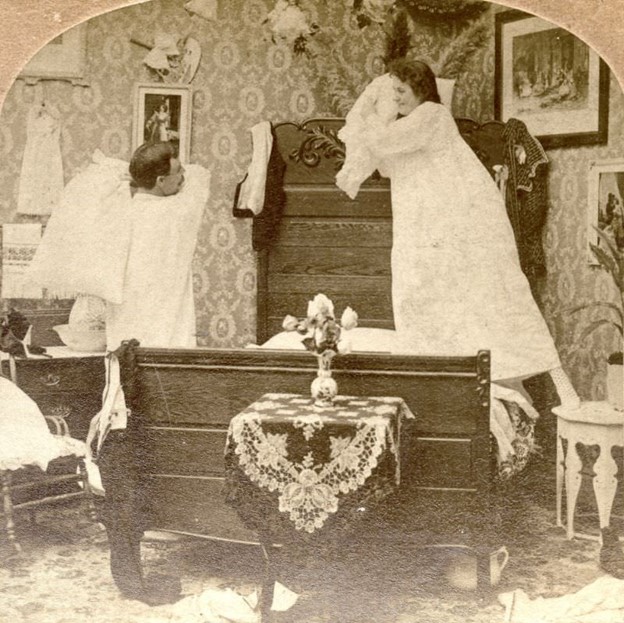Have you always wanted to start journaling but never knew where to start? Here are some ideas to help you develop the habit.
Your Life’s History
How to Tailor Your Journaling to You

If you’re a fan of keeping your thoughts organized, improving your writing, and relieving your stress all at the same time, you might want to take up journaling. But with work, school, and other priorities, recording your life while you’re living it can seem impossible.
That’s why we’ve got some ideas that can help.
Don’t Be Afraid of Stopping Before You Start
Recording each day in detail can take time, and if you’re a perfectionist, it can take a lot of time. But if you begin developing the habit knowing that it’s natural that you might not be able to write every day, you don’t have to feel disappointed when those days happen.
Be Realistic with Your Time
If you don’t think that you can write in a journal every day, don’t! Try writing in your journal only once a week or even once a month at first. (Hopefully, you’ll be able to write more than once a year, but even once a year is better than not at all.)
Set writing goals that are adaptable to your schedule: you know what you have the time for, so don’t be afraid to limit your writing for what you’re only able to do right now.
Reimagine What Journaling Is
“Recording your memories” can look different for different people. The good news is that there’s no “right” way to keep a journal. Record your life in a way that makes you feel comfortable and relaxed. If you’re stressing about not having the perfect or consistent journal you’ve always hoped for, consider trying one of these journal alternatives.
Audio Journals

Don’t have time to sit down and write your journal entries? Try telling them instead. Invest in an audio recorder and recount your thoughts as you go about your business. Then store them on your phone or computer for future listening. If you still love having the physical look and feel of a journal, you can always transcribe your audio recordings and bind them together.
Accomplishment Journals
If you get bored writing the mundane parts of your life, write in your journal from accomplishment to accomplishment. Write when you finish an inspiring book, win an award, or conquer a fear. Or, if you’re feeling brave, write down any extremely awkward, regretful, or scary moments you’ve experienced.
Gratitude Journals
Focus on the positives of your day-to-day by writing down the things that make you happiest throughout the week. As the items in your entries grow, so will your optimism.
Dream Journals
As nonsensical as you think your dreams are, they make for great reading material.
One theory for why we dream suggests that our dreams are sensory experiences that are created while our brains are processing the information they gathered that day — our dreams are our brain’s journal entries.
And since your brain is already working out your thoughts and feelings, you might as well write them down. Dreams can be easier to write because they’re narrative focused and can have a lot more excitement (assuming you remember them, of course).
Working through your dreams is also a fantastic way to recognize and deal with subconscious fears, stress, or conflicts that you can then address when you’re awake.
Social Media Journals
Documenting and organizing your days has never been simpler with the number of social media apps and platforms that are available. Posting pictures, captions, and descriptions throughout the week adds up quicker than you think, and some social media apps can even take your posts and turn them into physical books that you can keep around the house or office.
For those who aren’t fans of putting their life on the internet for everyone to see, there are other online options that will let you type, decorate, and print your journal entries for free without having to show off to strangers.
Remember that You’re Creating Knowledge for a New Generation
As much fun as it is looking back on our own triumphant (or cringeworthy) memories, there’s just as much reason to write journals for other people as there is to write for ourselves.
As we think about the lessons we’ve learned or the skills we’ve earned or the moments we’ve wondered about our lives, we should stop and take a moment to think about if we wished someone had told us about those experiences. And if the answer is yes, we should record them.
Just as there are personal benefits for our health and habits, journaling creates understanding, builds connections, and develops empathy within us. And with luck, those same things will continue through each person who reads what we leave behind.
Have you read one of your ancestors’ journals? What was the most important discovery you found? Were there any funny, dangerous, or simple experiences you read about? Let us know! We’d love to hear about it.




